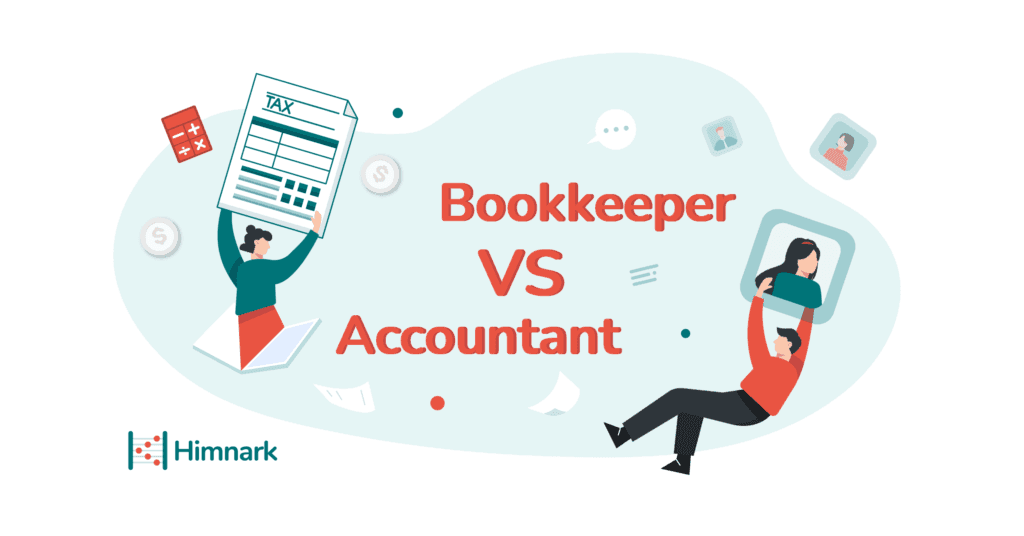Accounting and bookkeeping are all part of the same financial circle and the terms are sometimes used interchangeably, but they support businesses in different stages of the financial cycle. Having a better understanding of the differences will help you decide who can meet your business needs.
Bookkeeping is the day-to-day task of recording, storing, and retrieving financial transactions for a business.
Some of the task that a bookkeeper undertakes:
- Recording financial transactions
- Posting debits and credits
- Producing invoices
- Managing payroll
- Maintaining and balancing ledgers, accounts, and subsidiaries
Accounting is the action or process of keeping financial records, analyzing, verifying, and reporting the results. Accounting begins where bookkeeping ends, providing important insights on the data that a bookkeeper collects.
Some of the task that an accountant undertakes:
- Preparing adjusting entries (recording expenses that have occurred but aren’t yet recorded in the bookkeeping process)
- Reviewing company financial statements
- Analyzing costs of operations
- Completing income tax returns
- Aiding the business owner in understanding the impact of financial decisions
Accountants and bookkeepers are also distinguished by their level of education they require. Bookkeeping does not require a degree whereas accounting does. What bookkeepers need to master is accuracy, a keen eye for detail, and general knowledge of key financial topics. Unlike accountants they do not act independently as they are typically overseen either by accountants or business owners.
Depending on the size of your business and your needs you can determine what type of professionals and financial advisers your business requires. Small business owners usually take care of their bookkeeping by themselves but as the business grows professional aid and support becomes essential.
With the neverending technological advances happening in the modern world, the profession of bookkeeping is changing. Artificial Intelligence and cloud based technologies automate all the calculations and record keeping that were once done mechanically and promise more accuracy. Consequently the changes make it essential for businesses to adapt to new technology trends.
Խորհուրդներ, պատմություններ և փորձագիտական կարծիքներ։ Ստացե՛ք այս ամենը նաև էլ․ փոստով



